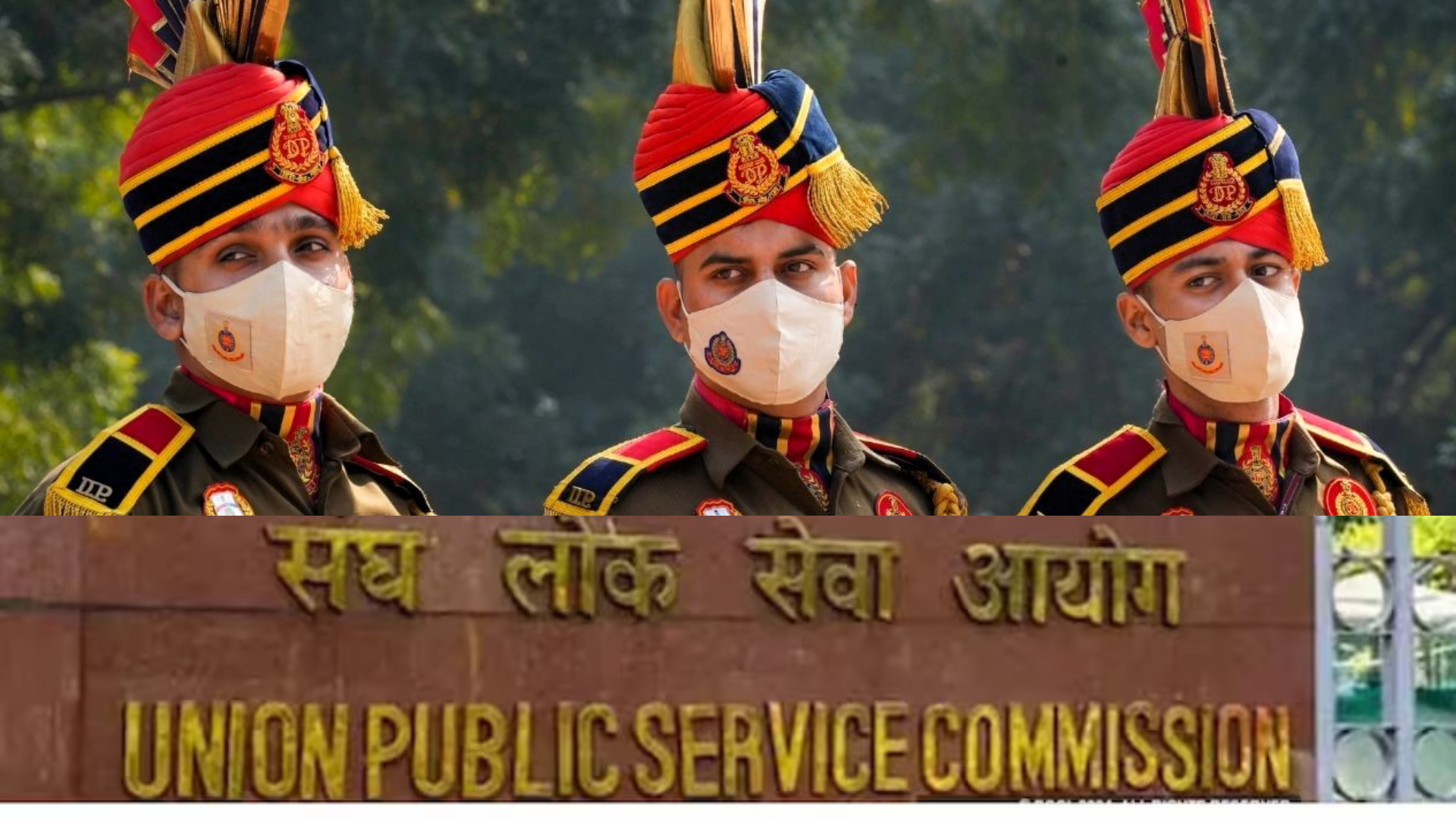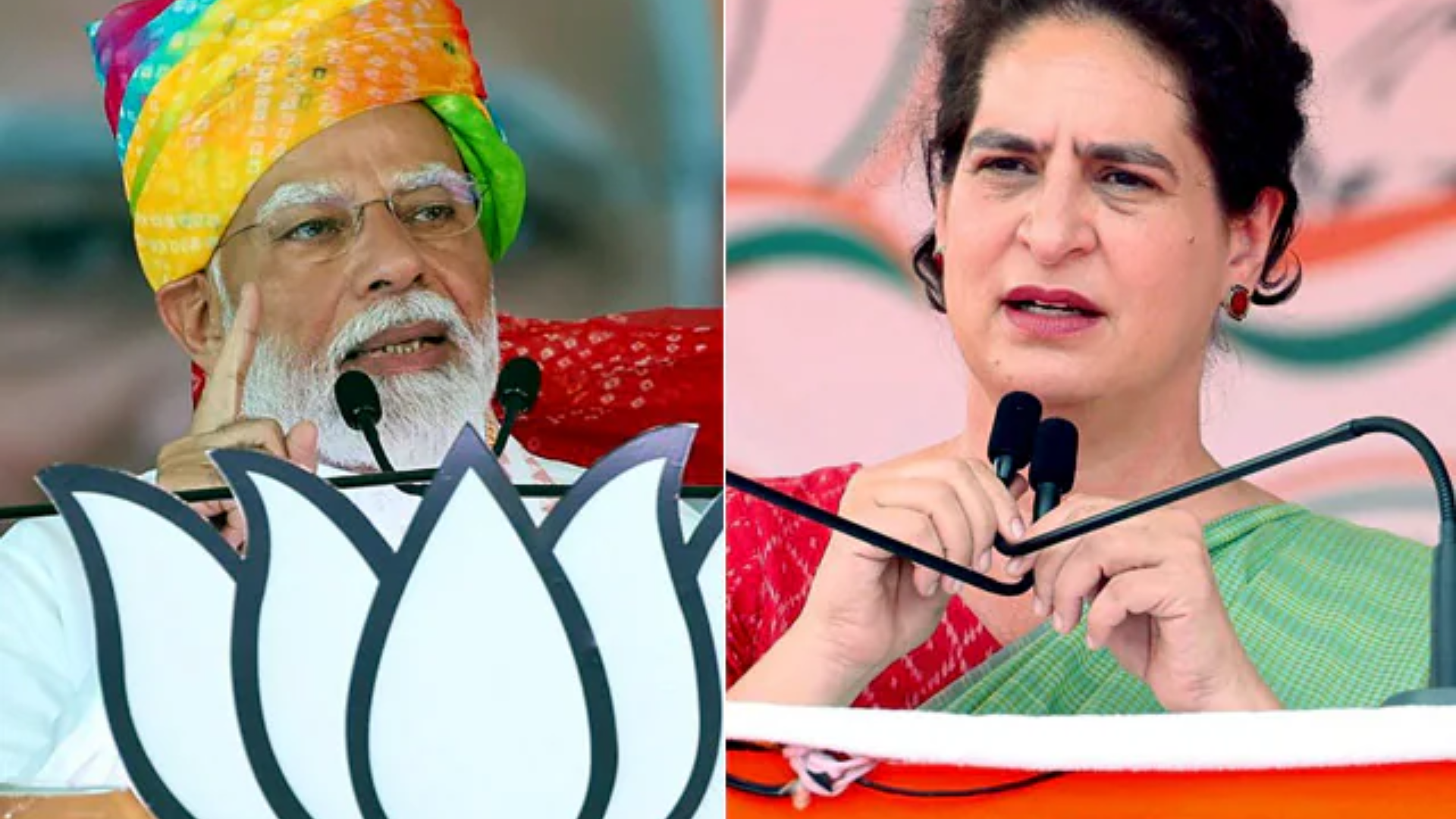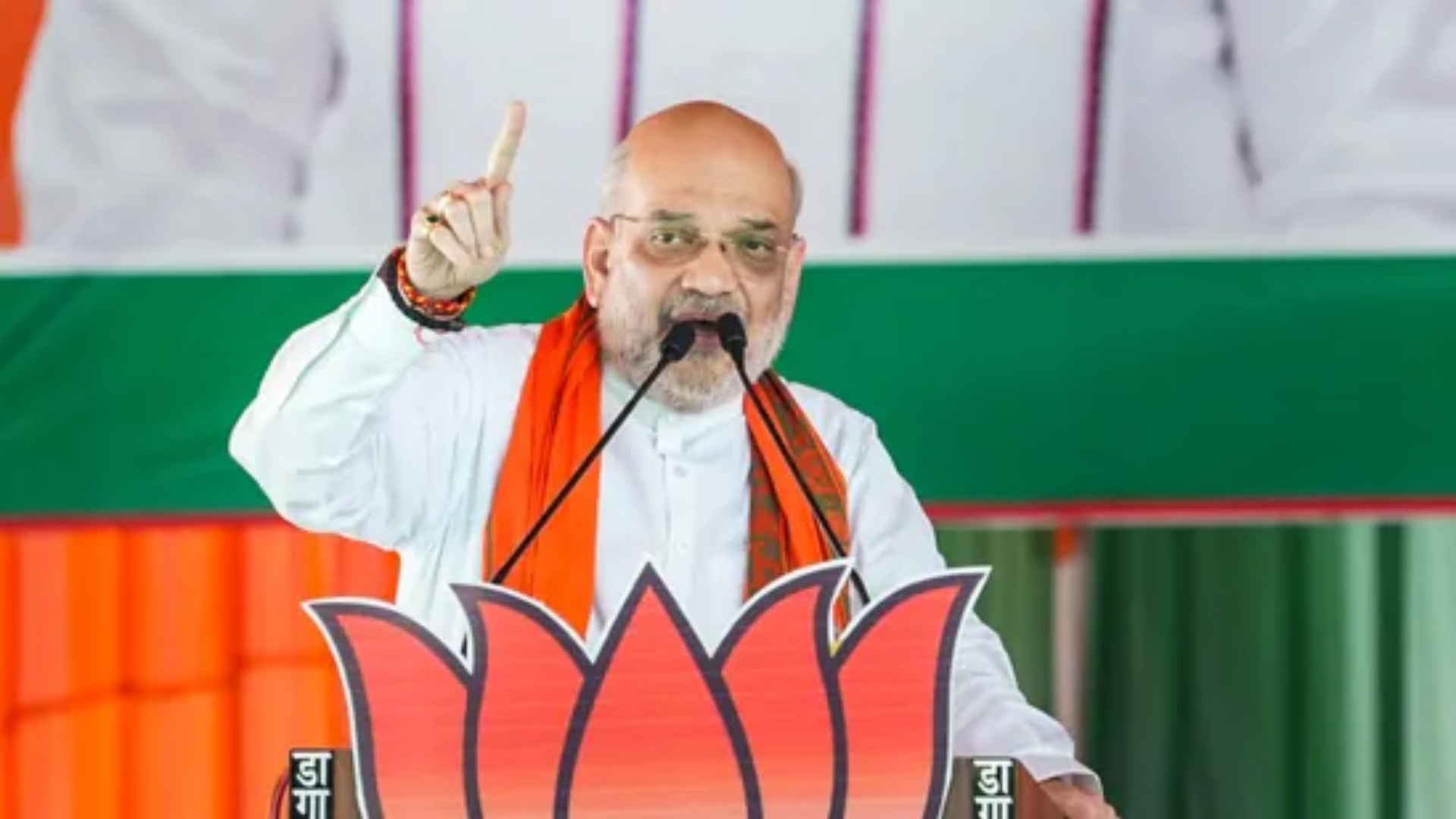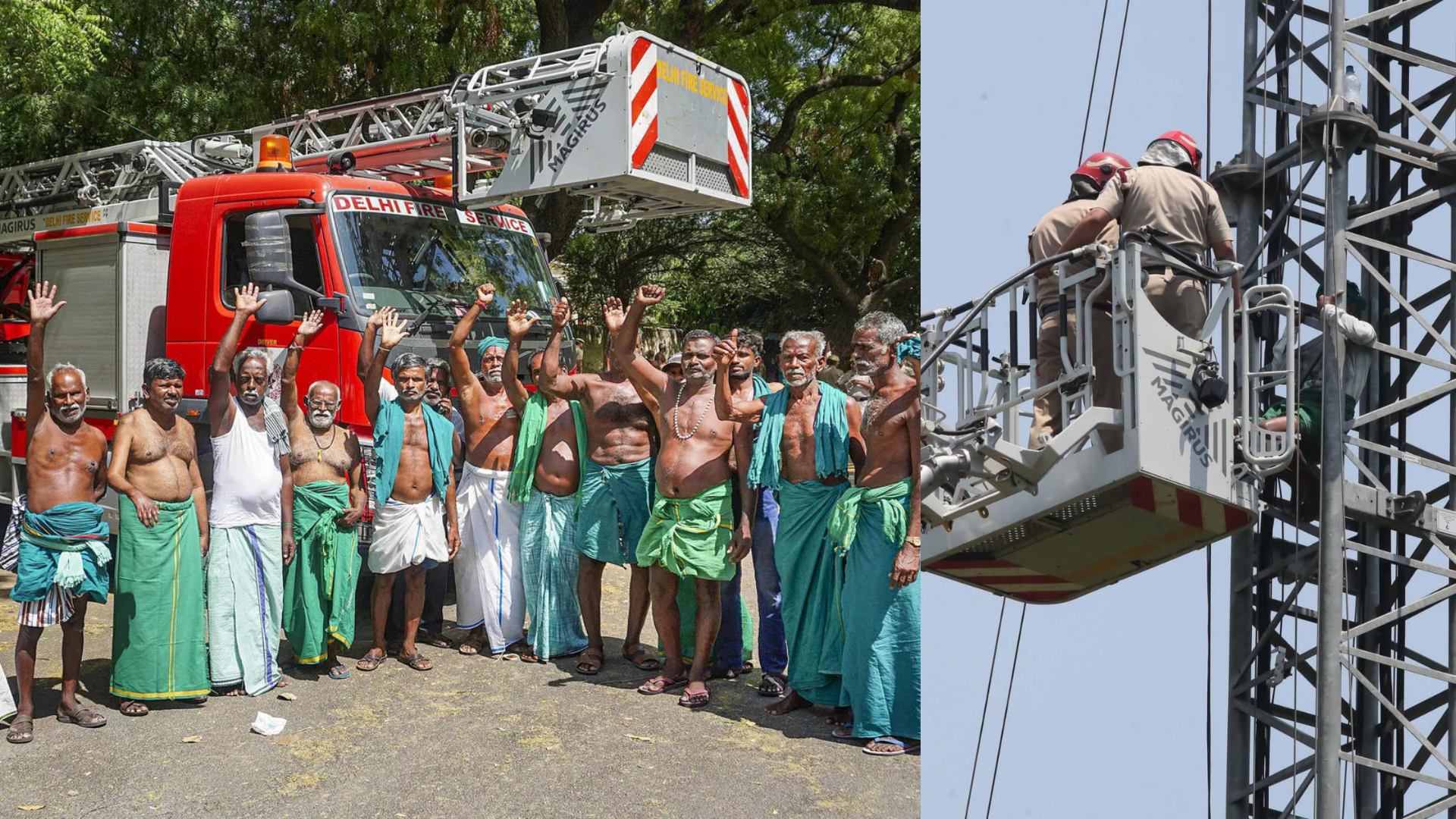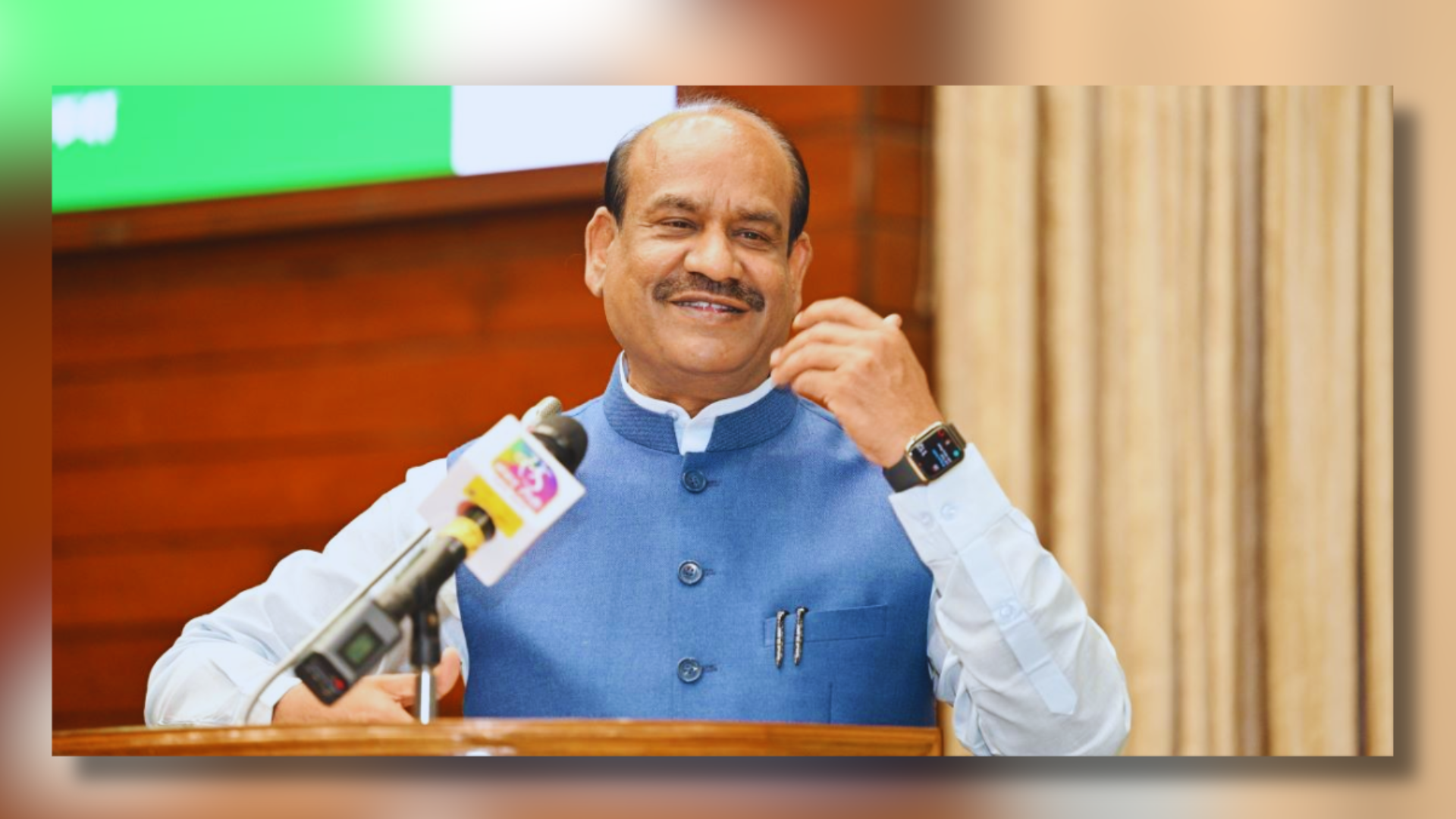




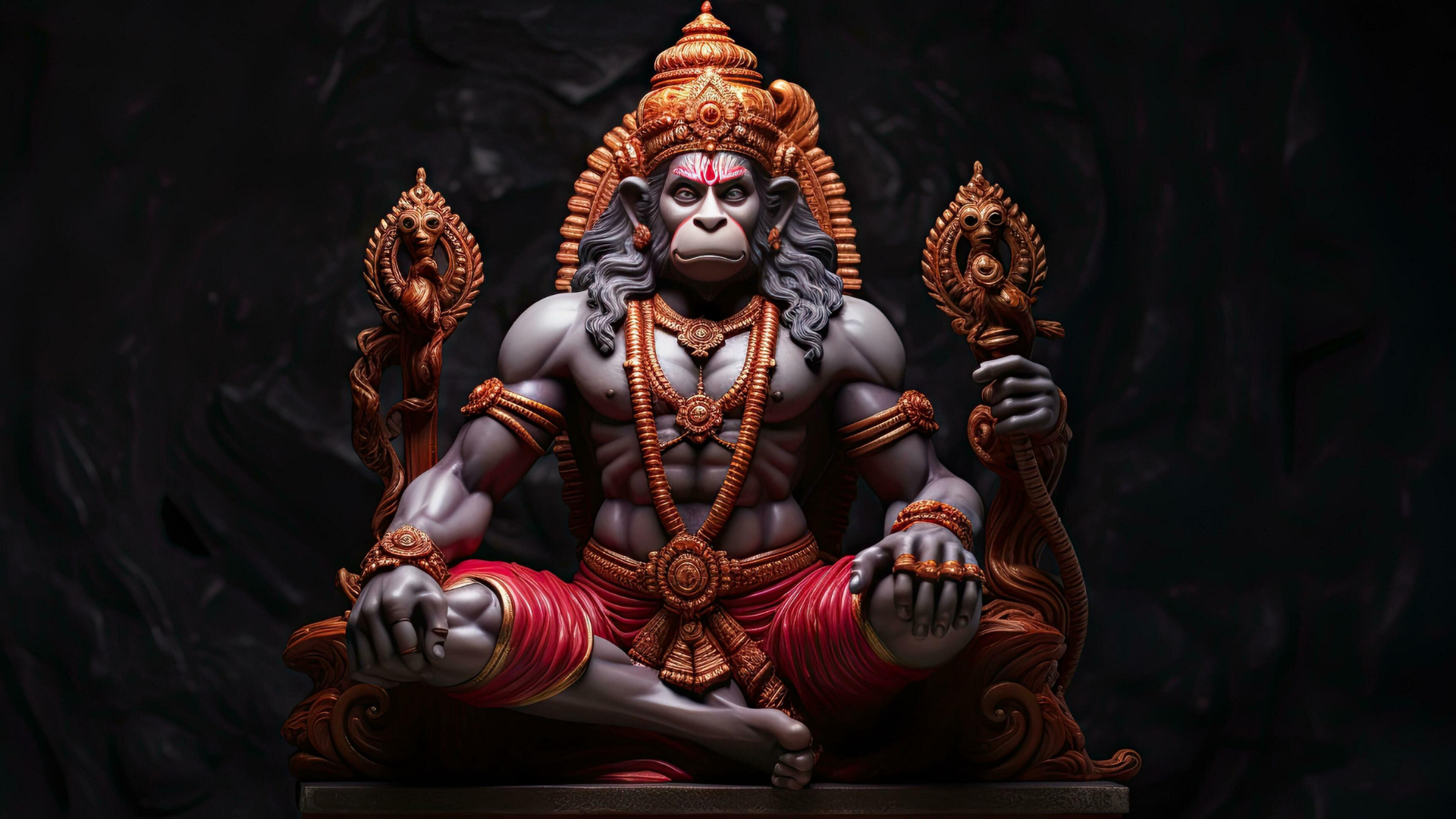





Maha Shivratri, a significant festival in Hinduism dedicated to Lord Shiva, falls on March 8 this year. Observed with deep devotion, it symbolizes spiritual purification and divine blessings through fasting rituals.
Lord Shiva, symbolizing eternal existence and the conqueror of death, embodies the essence of Maha Shivratri. Fasting, practiced as a form of yoga, purifies the mind, body, and soul while demonstrating devotion to Shiva. Devotees observe strict fasting rules, abstaining from food and water or opting for a partial fast with fruits, milk, and nuts.
The day begins with devotees waking early, bathing to purify themselves, and visiting Shiva temples to offer prayers. Chanting sacred mantras like the Maha Mrityunjaya Mantra invokes Lord Shiva’s blessings and protection. A significant ritual, the Abhishekam, involves ceremonial bathing of the Shiva Lingam with sacred substances, symbolizing purification and sanctification.
Throughout the day, devotees offer Bilva leaves and other offerings to Lord Shiva. As night falls, they engage in jagran, an all-night vigil of prayer, meditation, and devotional singing. The fast ends at sunrise the next day with a simple meal of fruits and vegetarian delicacies, consumed after seeking Lord Shiva’s blessings.
Maha Shivratri fasting rituals underscore devotion, spiritual purification, and reverence for Lord Shiva, fostering a deep connection with the divine.


